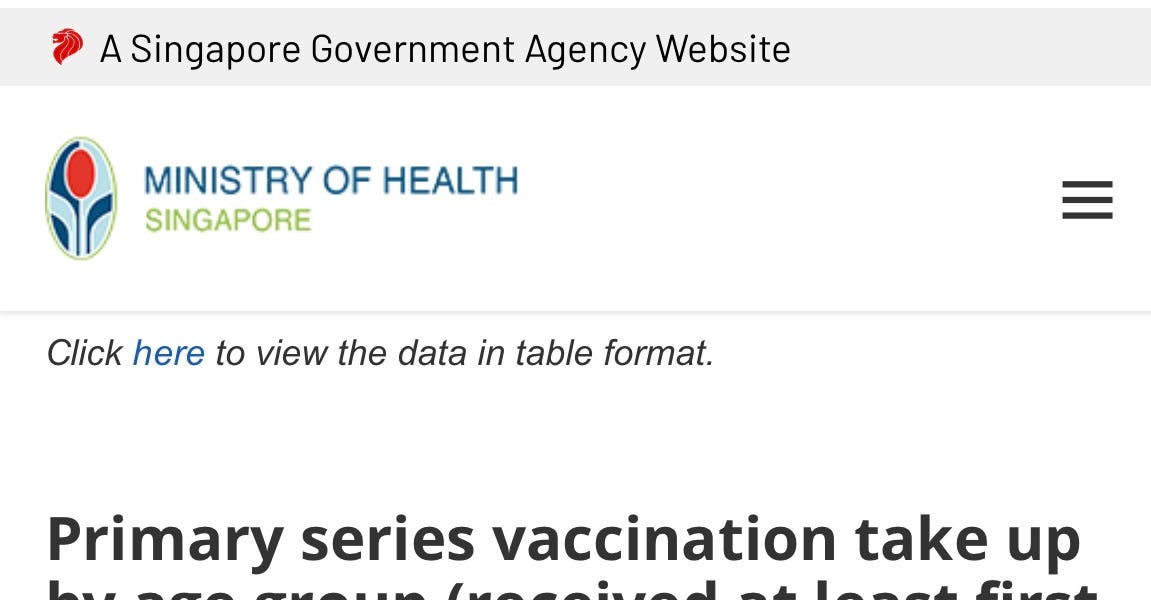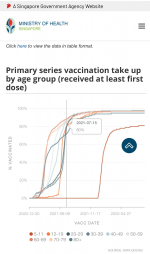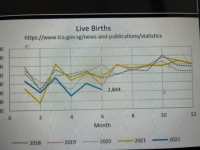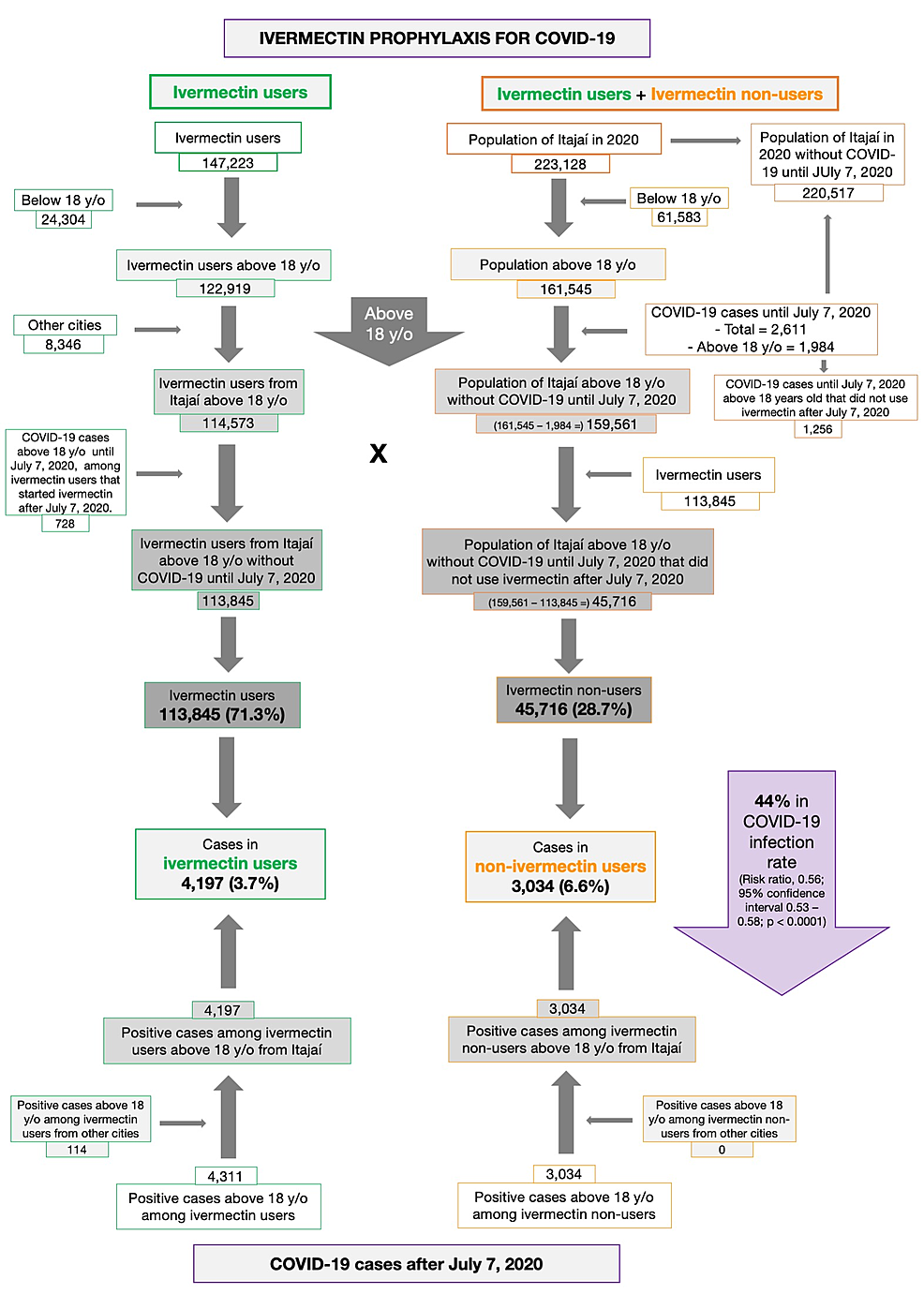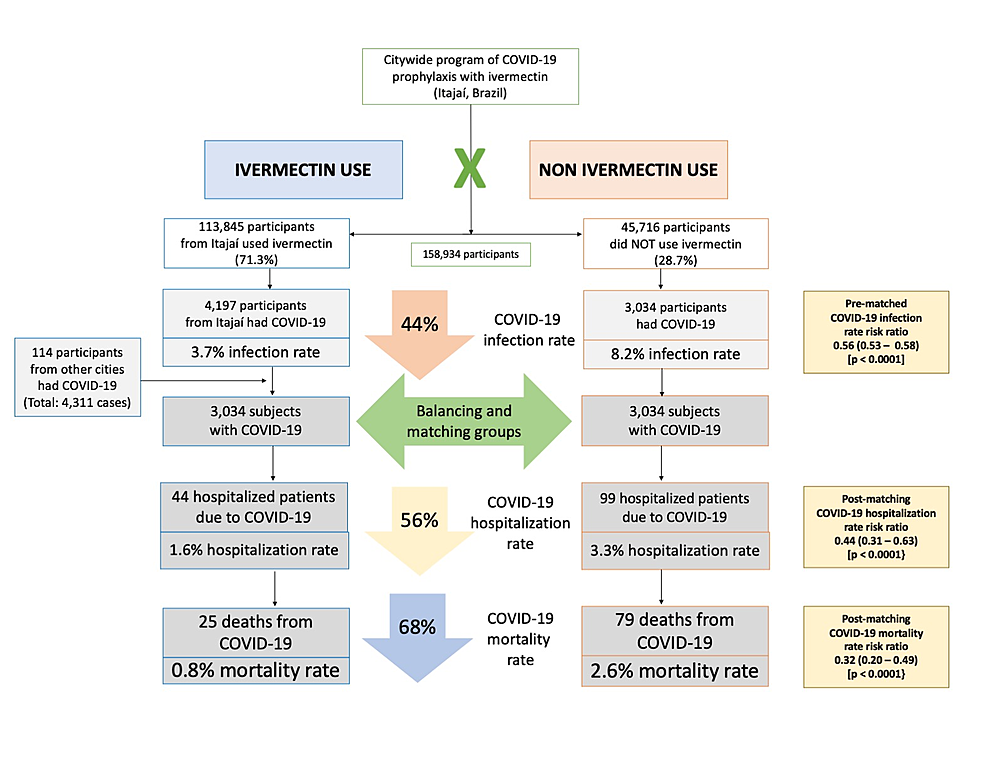The vaccines are safe. They don't affect fertility. I'm sure there is some other logical explanation, of course.
View attachment 9392
Births are plunging EXACTLY on schedule, nine months after mass Covid vaccinations

alexberenson.substack.com
Singapore knows how to make its people behave.
The Asian city-state is famously uptight. It punishes criminals with caning and has prohibited chewing gum since 1992. (Do not under any circumstances deal drugs in Singapore; a 41-year-old man was sentenced to death after being caught with two pounds of cannabis in 2018.)
So when Singapore told its nearly 6 million residents to be vaccinated against Covid, it had very high compliance.
What is particularly interesting - though unsurprising - is how well Singapore stratified vaccine administration by age. As the chart below shows, in a few weeks in June and July 2021, nearly every Singaporean adult between 20-39 - childbearing age, essentially - received their first Covid vaccine jab.
View attachment 9393
Ministry of Health (MOH) is an innovative, people-centred organisation, committed to medical excellence, the promotion of good health, the reduction of illness and access to good and affordable healthcare for all Singaporeans, appropriate to their needs.

www.moh.gov.sg
The incredibly rapid uptake of vaccines among young Singaporean adults offers a natural experiment in the effect of mRNA shots on fertility. (Roughly 98 percent of all the jabs Singapore gave were mRNA from Pfizer or Moderna. Chinese vaccines used traditional inactivated virus technology made up the rest.)
You will not be surprised at this point to learn that Singapore publishes comprehensive figures on births and deaths every quarter.
Like other East Asian countries, Singapore is suffering severe baby bust. The average woman in Singapore has fewer than 1.2 children, barely half the birth rate needed to avert a long-term decline in population.
As low as the birth rate was, though, it had remained stable for a decade. Even Covid did not meaningfully change the number of births - 39,259 in 2019, 38,590 in 2020, and 38,672 in 2021.
In the first two months of 2022, Singapore received welcome news. Births actually rose about 7.5 percent.
Then came March. Again, Singapore began mass mRNA vaccinations of women (and men) of childbearing age in June 2021; March 2022 is exactly nine months later.
In March, the increase in births abruptly reversed. Between March and June 2022 - the most recent month for which figures are available - Singapore has
recorded about 1,000 fewer live births compared to 2021, a decline of 8.5 percent. The drop has been consistent each month.
View attachment 9394
Most recent Singapore Demographics Bulletin (SDB), Annual Birth & Deaths Statistics and ICA Annual Statistics Report

ica.gov.sg
A 16 percent shift in birth rates practically overnight is, to say the least, highly unusual.
And Covid itself, or “long Covid,” whatever long Covid may be, cannot be blamed. Singapore had essentially no Covid until the fall of 2021 (well after mass vaccinations were complete, but that’s another story).


